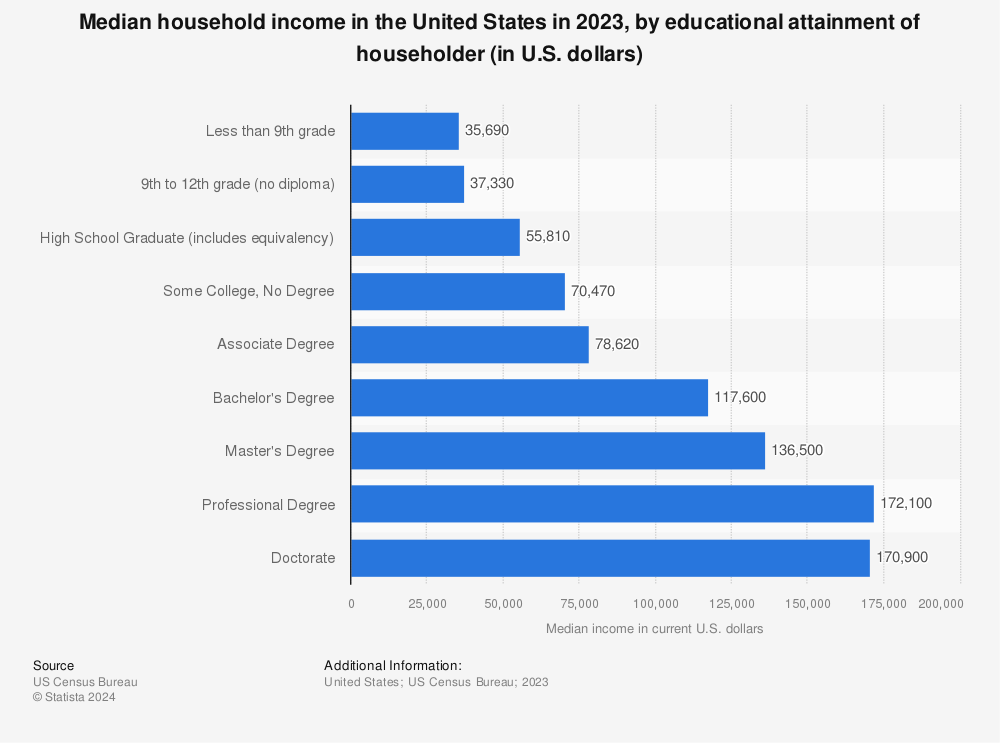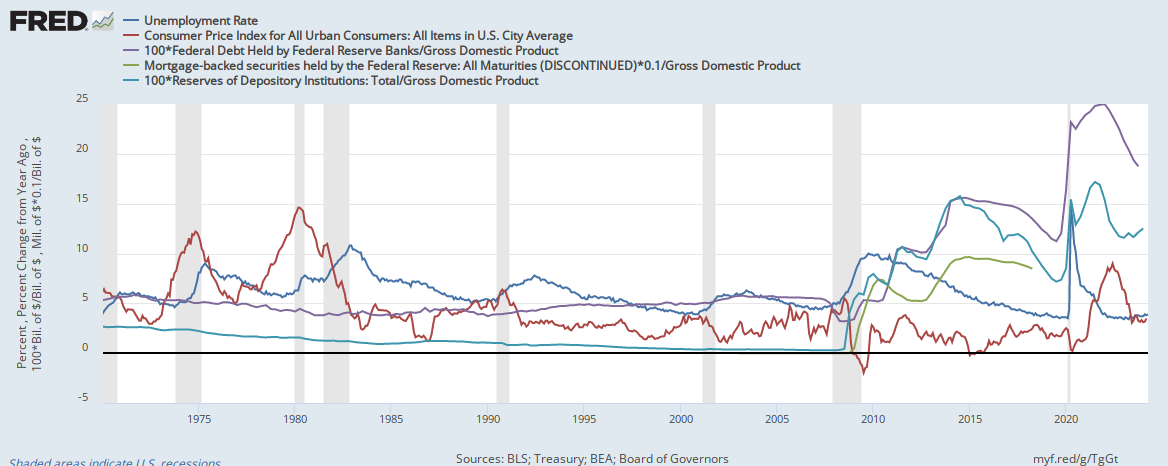southernhybrid
Contributor
I've read in a couple of news sources, that over 90% of those who will receive help from the Biden order, make less than 75K. What Biden is doing ins't perfect and it could even be challenged in the courts. Hopefully, it will still help those who need help the most, like middle aged and older adults who were taken in by scam schools or those who due to circumstances, often beyond their control, never finished obtaining their degree and are struggling with dept. I would have liked to see the interest rate on these loans lowered to less than 1%, but something is better than nothing. I don't understand getting upset over this bailout, as it's obviously going to help those who need help the most.I did not say or even imply that most of the beneficiaries are making six figures. Although it would be interesting to see what the income distribution is. Not the majority, but probably more than you think as college graduates are making far more on average than non-graduates.There's no reason whatsoever to imagine that most of the beneficiaries of this initiative are "making six figures".

The big problem with Biden's giveaway is that it helps those that are already better off than most.
I think it is too high. $250k (the cutoff for married couples) is 93rd percentile of household incomes in the US according to this. Even the $125k for singles is third quartile (75th percentile) of household incomes.I am not a fan of having a hard cut-off for eligibility, but given that one exists, $125k doesn't appear to be particularly unreasonable.
The real problem is the insane rise in tuition. Tuition in both public and private schools have risen far more than inflation. What's up with that? Georgia, has a huge surplus right now. Why isn't our stupid governor using some of that money to lower tuition at state schools and make 2 year schools either free or very affordable without the need for loans. We need the technical skills of mechanics, plumbers, electricians, as well as all kinds of medical workers, who can be educated in a two year program, or even a one year certificate.
I'm not knocking the English majors although as one who pursued that degree prior to becoming an RN, I know that it's hard to find a decent job with an English degree. We don't need people with liberal arts or business degrees nearly as much as we need plumbers. etc Now that I think of it, a former neighbor of mine who had a four year degree in business, gave up his job, studied to become a plumber and then started his own business. I assume that his business degree helped him have a better understanding of business compared to most people.


